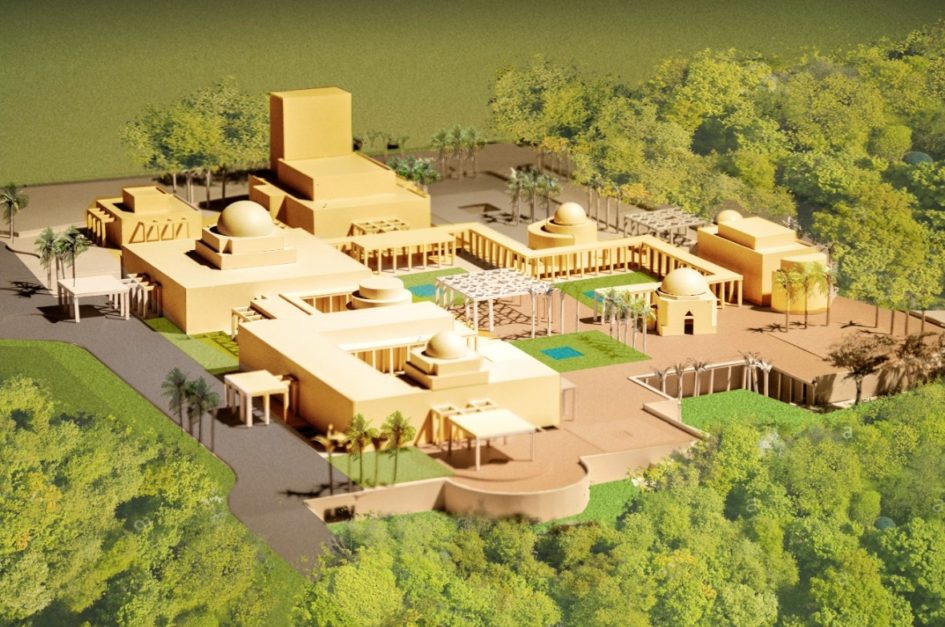
Al-Qadir University to uplift local real estate and economic activity
Rawalpindi: Prime Minister Imran Khan is expected to attend the groundbreaking ceremony of Al-Qadir University on Sunday May 5 at 4 pm. Al-Qadir University Sohawa will fill the gap in access to higher education between Gujrat and Rawalpindi. Located almost mid way between the two districts, Al-Qadir University will help integrate youth of this area into the mainstream economy and stimulate real estate development around it.
Al-Qadir University is planned as a big campus spanning over 25 acres (200 kanals). Construction of the campus will be completed in two stages. In the first stage academic blocks including Sufi Block and Science Block will be constructed. Support and amenities included in the first stage are the Admin Block, a student hostel, a faculty hostel, and a cafeteria. An auditorium, library, and mosque will be made in the second stage of construction. The Al-Qadir Trust will oversee the construction and running of the University in line with its mission. The trust pursues the elevation of Pakistani youth both intellectually and spiritually through integration of Islamic and Sufism studies.
The momentum of thousands of students towards Al-Qadir University is set to stimulate real estate activity in Sohawa and nearby towns and cities. These include Gujar Khan, Dina, Jhelum, Kharian, Lalamusa and Gujrat. Students from these towns and further away will require hostel accommodation within a travelling distance of 30-60 minutes from Sohawa. This will translate into a spike in demand for dormitories, hostel rooms, paying guest rooms and even 2-3 star hotels for visitors of the in-hostel students. Land closer to Al-Qadir University and nearer to G.T road and key link roads will appreciate in value and construction activity will trigger economic activity. The rental business will create jobs and boost local economy for businesses across facility management, hospitality, furnishing, cafes and catering, retailing and construction services and supplies. This will additionally attract specialised facilities such as clinics, hospitals, education support services, bigger retail brands, banks, broadband and technology services and transportation services.
Over medium to long term the Al-Qadir University will integrate the lagging economic segment between Rawalpindi and Gujrat into the mainstream regional and national economic activity. As local communities along this stretch get better access to higher education they will be able to innovate in their existing trades and businesses, undertake entrepreneurial endeavours, attract demanding national brands to open franchise opportunities and interest financial institutions to fund new businesses or their expansion. In short this area will see a measurable improvement in distribution of wealth and rise in per capita income. Al-Qadir University can prove to be a case study on the role of higher education institutions in uplifting local and regional real estates and economies.
For news and updates keep on visiting Graana blog
ISLAMABAD: Chairman Capital Development Authority (CDA), Muhammad Ali Randhawa, chaired a comprehensive review meeting on…
ISLAMABAD: The Capital Development Authority (CDA) is looking to the federal government for an additional…
ISLAMABAD: The Capital Development Authority (CDA) and the Asian Development Bank (ADB) have entered into…
Islamabad: The Capital Development Authority (CDA) has announced plans to issue possession letters to allottees…
Islamabad, [24 March 2025] – Graana.com, Pakistan's leading online real estate marketplace, is proud to…
Islamabad, Pakistan – March 2025: Graana.com, Pakistan’s leading real estate platform, has proudly partnered with…